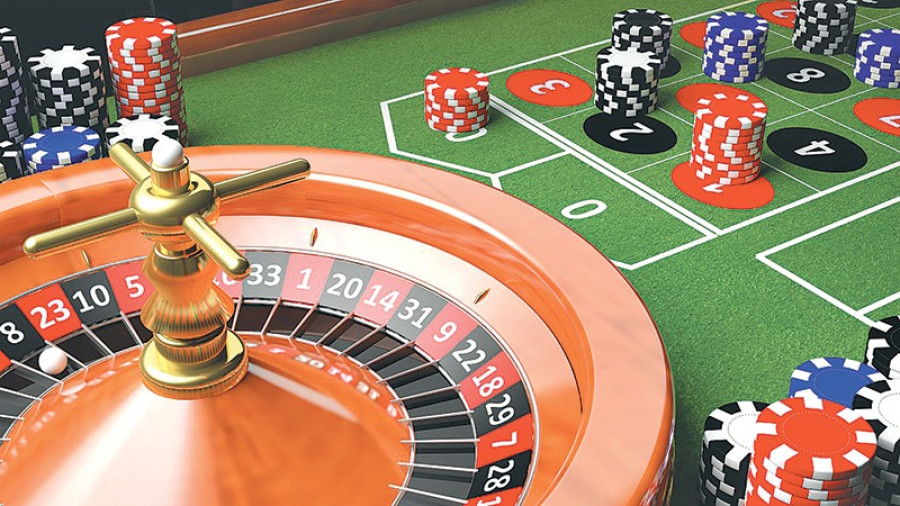Money
New law set to seize assets of fugitive casino owners
The government has proposed legislation giving it sweeping powers to confiscate the personal property of tax defaulting casino operators.
The government has proposed legislation giving it sweeping powers to confiscate the personal property of tax defaulting casino operators. The draft Casino Bill, a copy of which was obtained by the Post, will be part of a new Federal Tourism Bill.
The Casino Bill will contain a provision allowing the government to seize assets outside Nepal too, said a Tourism Ministry official who participated in the drafting process and asked to remain anonymous.
In July 2013, the government introduced regulations to keep wayward casinos under a firmer grip. It decided to get tough as the casinos were habitually defaulting on taxes and disregarding the rule barring Nepalis from entry.
In April 2014, the government decided to shut down all casinos not abiding by the Casino Regulations-2013 and terminate the licences of those defaulting on royalties. Subsequently, the gambling houses went to the Supreme Court to have the new regulation cancelled. Three casinos have been continuing to operate taking advantage of an interim order of the Supreme Court allowing them to remain open.
Casino royalty irregularities have piled up to more than Rs1 billion. With regard to money owed by Casino Nepal housed at the Soaltee Hotel, the Supreme Court ruled that the outstanding dues should be collected from Nepal Recreation Centre which has leased the casino from the hotel, although the licence belongs to the hotel. As a result, the government lost Rs61 million in revenue from a single hotel. Rakesh Wadhwa, the fugitive owner of Nepal Recreation Centre, owes Rs535 million.
The new bill has proposed making the hotel liable first. “As the casino licence belongs to the hotel, it should be liable, and accordingly, the new law will define it,” said the ministry official. “If the casino operator fails to clear the dues, the hotel will be liable to pay them first.”
The bill not only allows the government to confiscate the personal property of fugitive casino operators, it can also seize their passport and bank accounts. The government can also stop utilities like water and electricity to tax defaulting operators. The draft, however, is not clear whether the measure will also apply to old deafulters.
The proposed law requires casino operators to spend at least 2 percent of their profits to uplift society as part of their corporate social responsibility. The bill has proposed penalising operators found allowing Nepalis to gamble or even enter the casino house. The bill has proposed issuing casino licences to luxury resorts too. Currently,licences are given to five-star hotels only.
“We have held several rounds of discussions on the new law. We plan to consult the private sector and the public regarding the new bill,” said Ghanshyam Upadhyaya, spokesperson for the Tourism Ministry. “The final draft will be sent to the Finance and Law ministries for their approval before submitting it to the Cabinet.”
After the Cabinet gives the go-ahead, the bill will be tabled in Parliament. “House committees may hold several rounds of deliberations before the bill is endorsed,” said Upadhyaya, adding that they would table the bill in the upcoming session of Parliament.
The government had originally planned to create a separate Casino Act to streamline the casino industry in order to encourage global operators to invest. However, the scheme was dumped after a Cabinet committee ordered the ministry to integrate the Casino Act into the Federal Tourism Act.
According to industry insiders, the casino business is expected to boom with the opening of more than a dozen luxury hotels, and a separate act will be required to govern the industry which will generate a large number of high-paying jobs and foreign currency if managed properly.




 9.7°C Kathmandu
9.7°C Kathmandu














